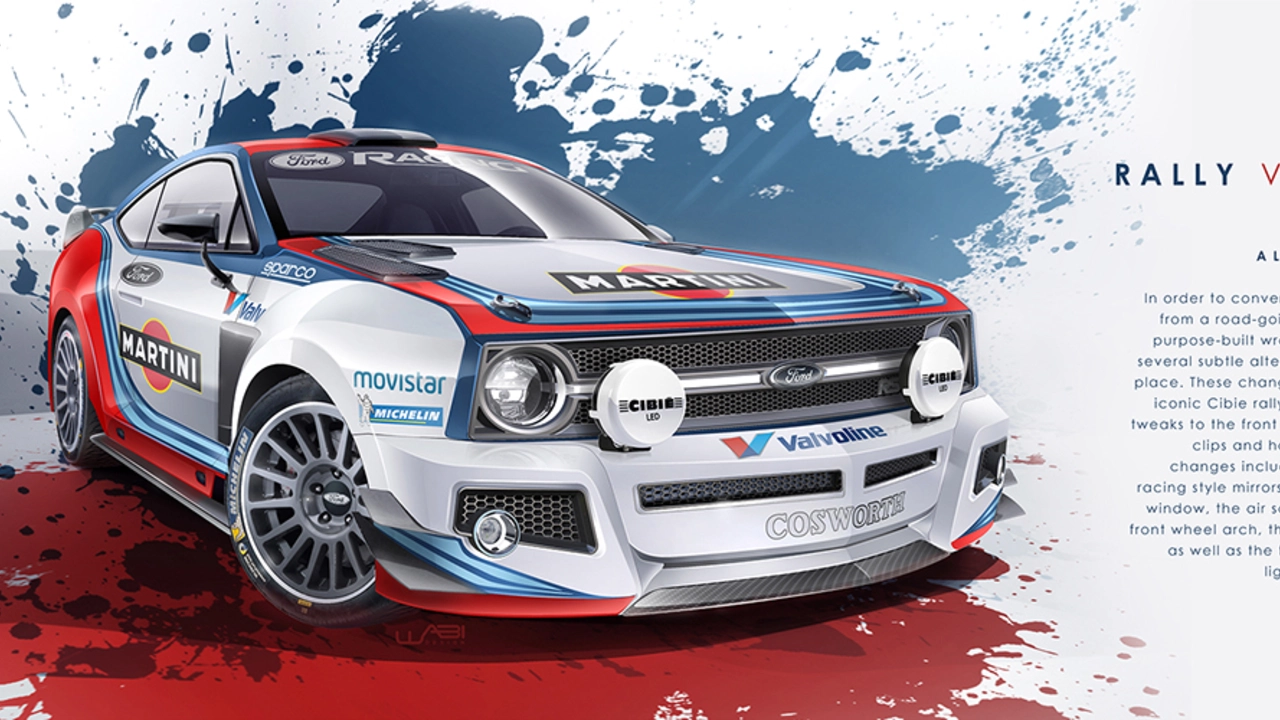The Mechanics of Sound in Rally Cars
When we talk about rally cars, the first thing that comes to mind is the distinct sound they make. But have you ever wondered why rally cars mostly sound the same? Unbeknownst to many, it's not a coincidence but a combination of many factors, mostly mechanical, that contribute to this unique sound. The type of engine, the exhaust system, and the nature of the sport itself all play a role in creating this distinctive sound.
A Look at the Rally Car Engine
The engine is at the heart of every vehicle, and rally cars are no exception. Most rally cars use a specific type of engine known as a boxer engine. Boxer engines have a unique design where the pistons move in a horizontal direction, as opposed to the vertical motion found in most traditional engines. This design results in a distinctive, punchy sound that is often associated with rally cars.
Understanding the Exhaust System
Along with the engine, the exhaust system is another crucial component that contributes to the sound of a rally car. Rally cars typically have a straight-through exhaust system, which means there are fewer restrictions and bends for the exhaust gases to navigate through. This results in a louder, more aggressive sound compared to regular vehicles with a more intricate exhaust system.
The Role of Anti-Lag Systems
Anti-lag systems are another feature common in rally cars that significantly influence their sound. An anti-lag system keeps the turbocharger spinning even when the driver is not accelerating, preventing any delay or 'lag' when the throttle is opened again. This process results in a popping or 'backfire' sound that is characteristic of rally cars.
Importance of the Transmission
The transmission system of a rally car also plays a role in its distinctive sound. Rally cars often use straight-cut gears, unlike the helical gears found in most passenger vehicles. Straight-cut gears are louder and produce a whining sound because of the way they mesh together, adding another layer to the unique sound profile of a rally car.
Impact of the Drive Train
Finally, let's not forget about the drive train. Most rally cars have an all-wheel drive system, which puts more strain on the transmission and engine, leading to the loud, growling sound that rally cars are known for. This growling sound is further amplified by the rough terrains and high speeds that rally cars often have to navigate, creating a symphony of sounds that is music to the ears of any rally fan.
Regulations and Standards
It's also worth noting that the sounds produced by rally cars are often regulated by various motorsport governing bodies. This ensures that all rally cars adhere to specific noise level standards, which contributes to the uniformity of the sounds they produce. While there are some variations in the sounds produced by different rally cars, these regulations ensure that they all have a similar sound profile.
The Thrill and Appeal of Rally Car Sounds
In conclusion, the sounds produced by rally cars are not just by-products of their design and engineering but are an integral part of the appeal and thrill of the sport. The distinctive sounds of rally cars are almost as iconic as the cars themselves and provide an auditory experience that is as exhilarating as watching the cars race down the track. So the next time you hear the distinctive roar of a rally car, you'll know exactly why they sound the way they do.
